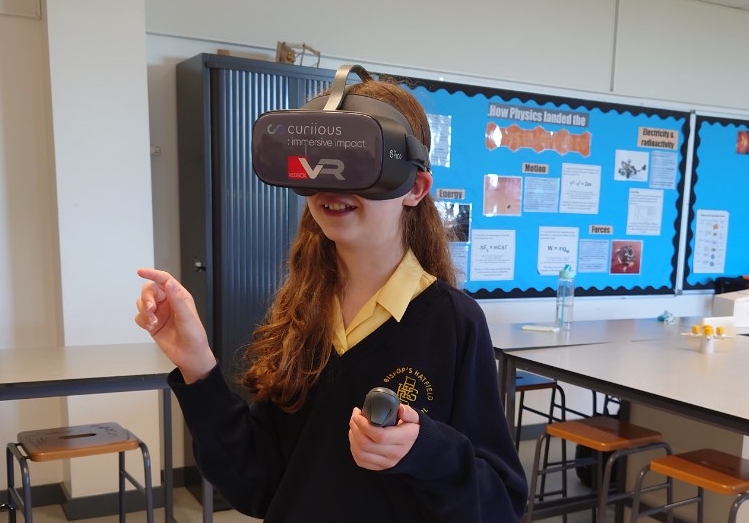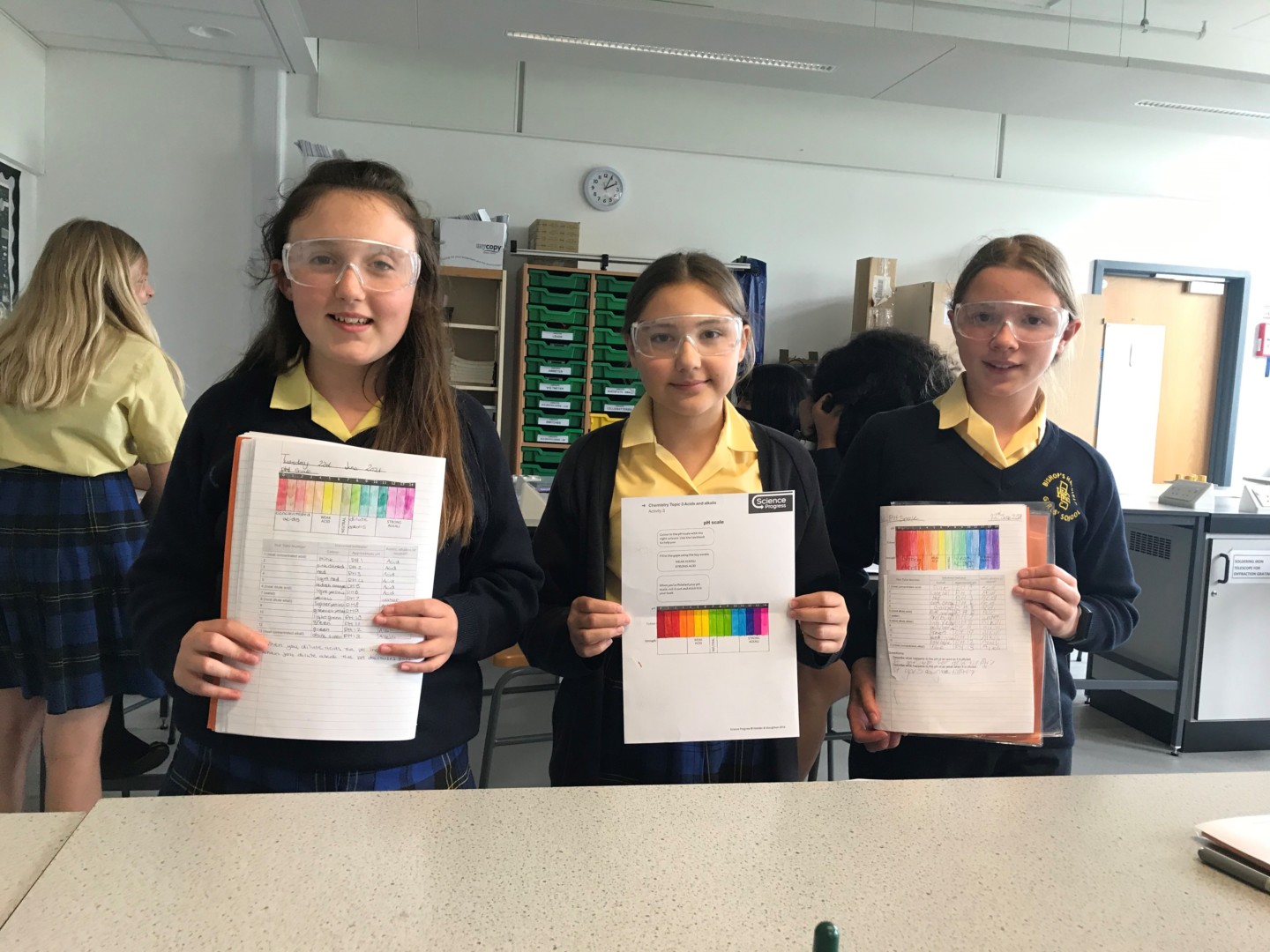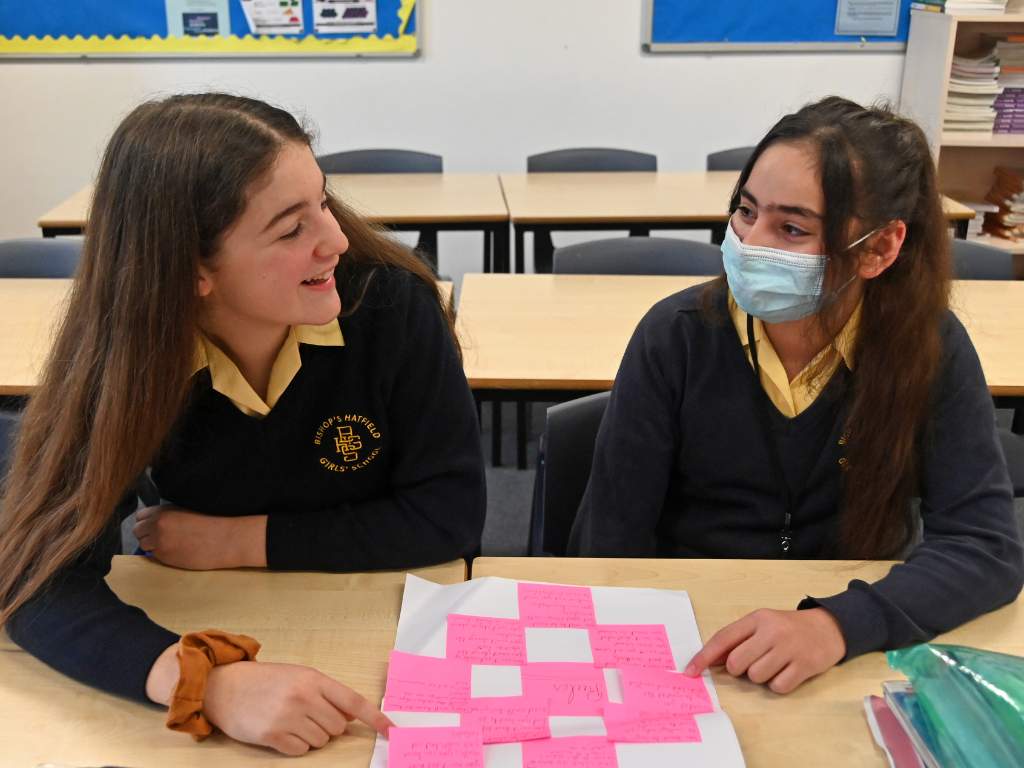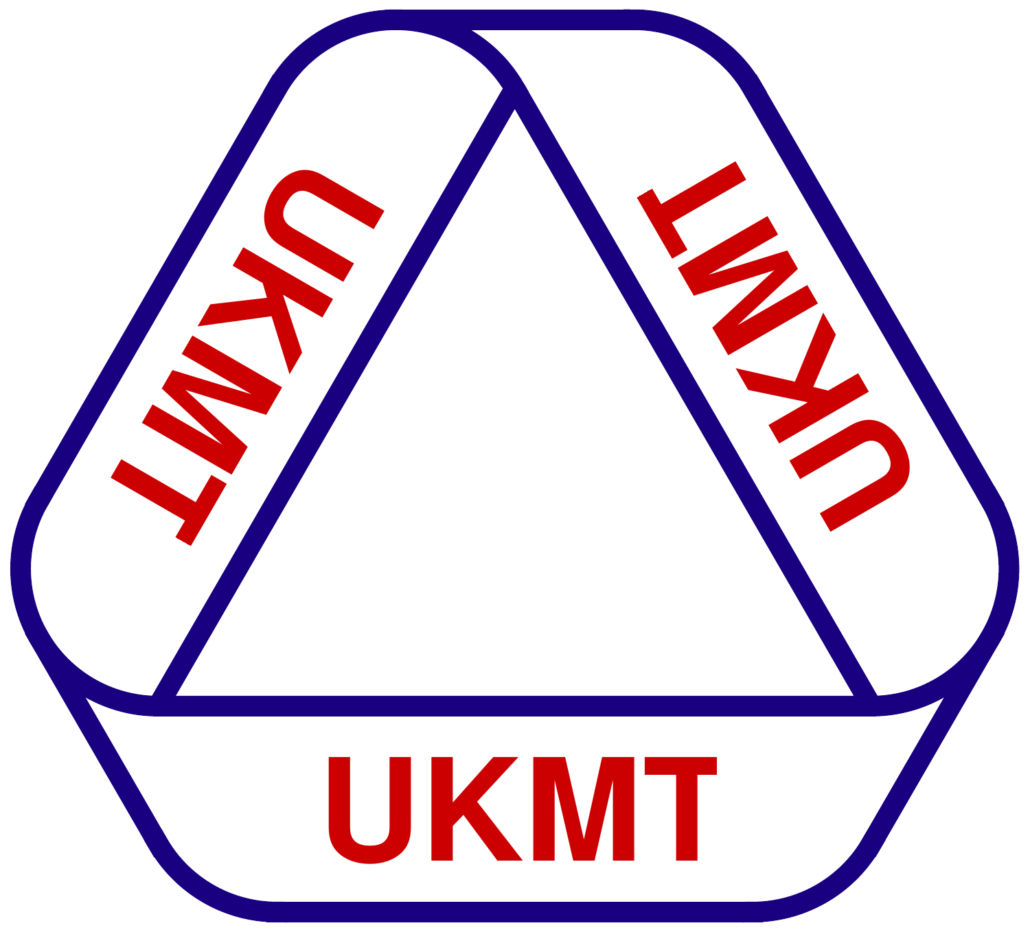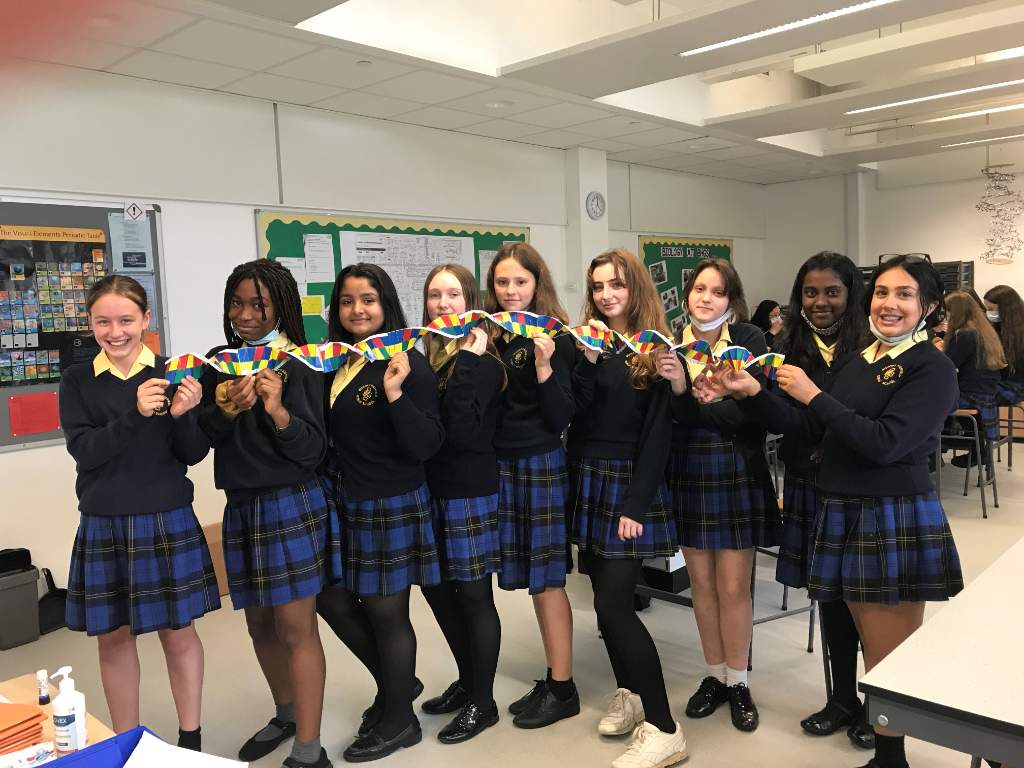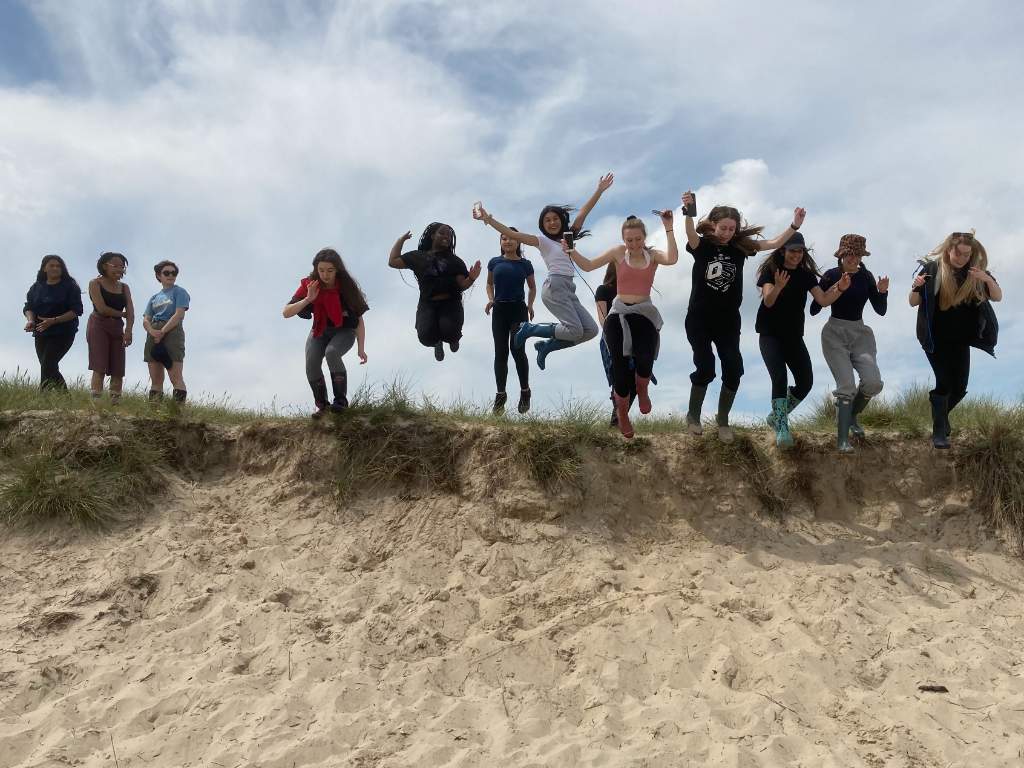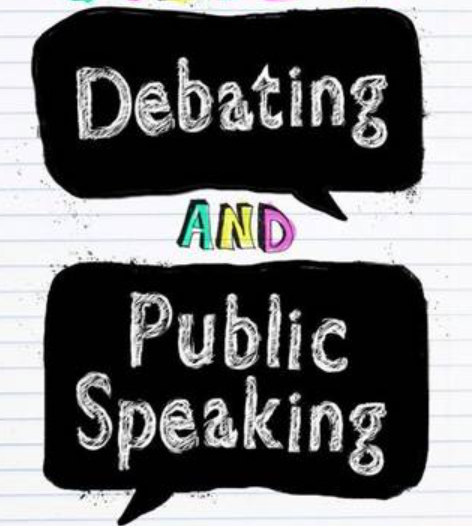BHGS goes Virtual
BHGS secures a £10K grant to roll out Virtual Reality to the classroom
We are delighted to announce that Bishop’s Hatfield Girls’ School was successful in securing a £10,000 grant to purchase a classroom set of Virtual Reality headsets, a 360 camera which students will use to make their own immersive projects and digital content.
Our vision is to use this alternative teaching tool to enable pupils of all abilities to succeed and enjoy their learning through stimulating, interactive and creative lessons and enrichment clubs. Our objectives are threefold. First, inspire and motivate pupils by transporting them to distant times and places such as life in the WW2 trenches or taking a tour of the solar system.
Secondly, by making abstract concepts tangible and easy to visualise, and providing context, we hope to engage with our pupils and so increase their knowledge retention. For example, Year 12 geography pupils could visit and compare landforms around the world, identifying key geographical features for their Coastal System and Landscapes topic as opposed to memorising lists from a text. Environmental issues could be grasped more easily by following the manufacture and disposal of plastic goods through to their devastating effect on the marine environment or tracking the recovery of the landscape following the effects of bush fires. In Science, the direct effects of Newton’s laws could be experienced and investigated moving through a virtual zero gravity environment. They could also practice mathematical problems by solving puzzles to escape a room.
Finally, we aim to increase proficiency in practical skills required by many subjects like science, geography, physical education and technology through repetition and real time feedback. Immersed in a virtual science experiment, pupils could safely practise laboratory skills and even experience the consequences of mixing the wrong substances in Chemistry. In sports practice, a pupil could react to a virtual bowler in cricket or prepare to return a serve in tennis, using task repetition to improve muscle memory and reaction times. Pupils could also practise field work skills when trips can’t take place.
The applications of VR in teaching don’t stop at practical subjects but could be used in modern foreign languages through conversations with avatars or exploring key landmarks and cultural aspects of the countries where the languages are spoken. VR can also be used to experience hands-on careers such as medicine or with pupils with Special Educational Needs and even be used with mindfulness apps to reduce exam stress or for students suffering with anxiety.
Following a successful trial in June, our intent is to introduce Virtual Reality in our Science Club in the Autumn and to fundraise for more sets to be added as more subjects make use of its teaching applications and opportunities.We hope you are able to support us in this exciting development and look forward to share examples of its use in school soon.
A huge thank you to all the staff that gave up their time and supported this bid, especially Dr Baker, and to those students who trialed the technology in Science Club.

